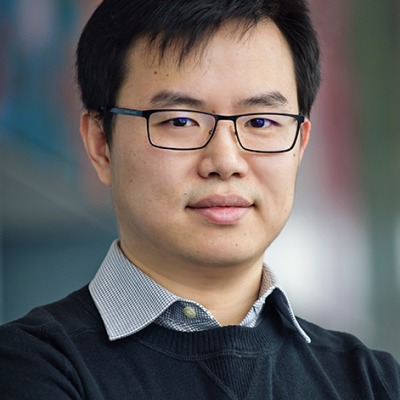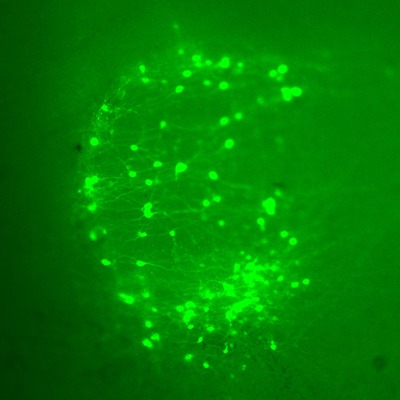Peng Li, Ph.D.


Peng Li’s primary research interest is to understand the molecular and neural basis of breathing, a fundamental body function maintaining homeostasis. The Li lab is integrating cutting-edge molecular genetics and neuroscience approaches to study how the brain interprets and responds to sensory cues and internal states to control breathing, and how this process could go awry in pathological conditions, such as in sleep apnea and sudden infant death syndrome.
Li completed his undergraduate study in Biological Sciences at Tsinghua University, and then joined the University of Southern California to pursue his Ph.D. in Neuroscience in the laboratory of Dr. Henry Sucov. Following his graduate work, he joined Dr. Mark Krasnow’s laboratory at Stanford University to study neural control of breathing. There, he and his colleagues identified the neuropeptide circuit underlying a breathing variant — sighing.
Li joined the Life Sciences Institute faculty in 2018.

Rather than just being a sign of tiredness or boredom, sighing is actually a life-saving reflex. Sighing re-inflates alveoli in the lungs that have collapsed, making breathing more difficult.
As a postdoctoral fellow at Stanford, Li led research that used molecular, genetic, and pharmacologic approaches to identify a peptidergic sigh control circuit in the mouse brain.
Inhibition of the relevant pathways, and even ablation of receptor-expressing neurons, had little effect on other aspects of breathing, at least in the short term.